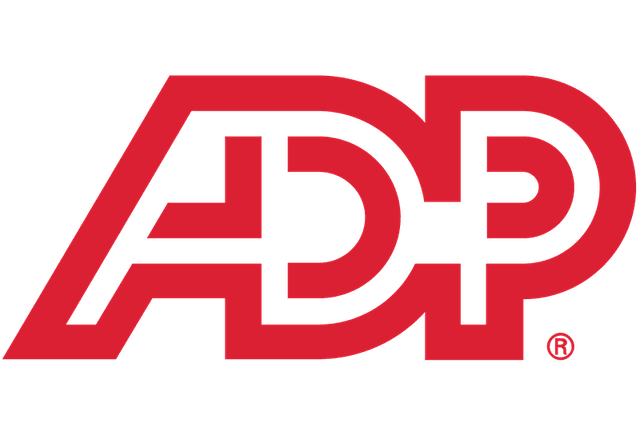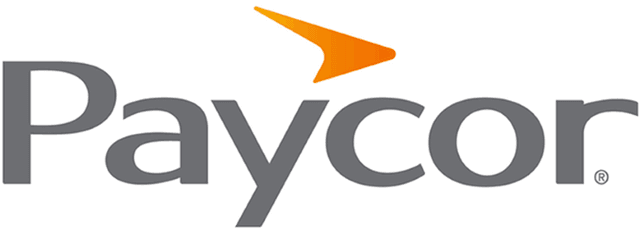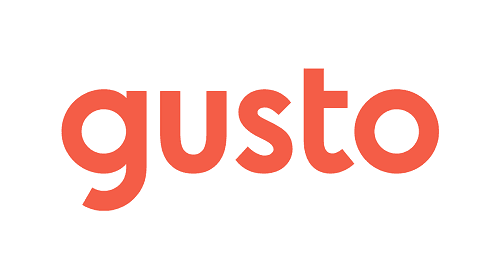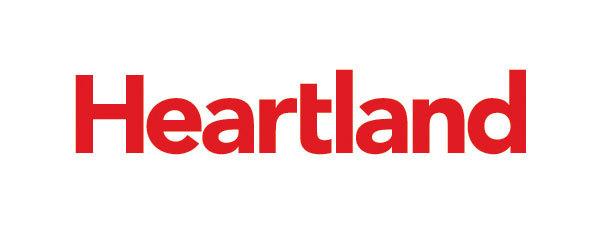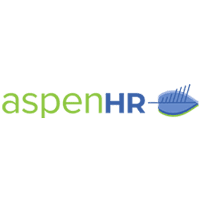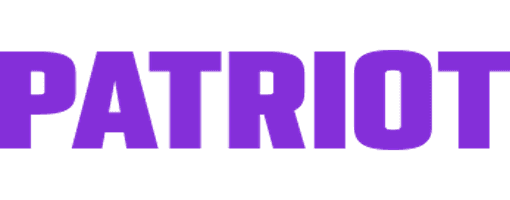Online payroll software encompasses a lot of services. These are some of the most valuable features and tools these programs offer.
Payroll Processing
Full-service payroll systems calculate worker pay based on the entered wage rates and hours worked. It deducts employee benefits contributions and payroll taxes. Some software has an auto-pay option for salaried workers, so you only need to approve payroll each pay period. Depending on your payroll service, it may allow unlimited payroll runs and one or more pay schedules.
Payroll Tax
One big plus of using an online payroll service is that it handles your business’s payroll tax responsibilities. Based on each paycheck, the software can withhold the required employee taxes. The payroll company then fills out and files the quarterly payroll tax reports and pays the appropriate local, state and federal agencies.
At the end of the year, the software generates the W-2 and 1099 tax forms for your workers. Many payroll companies offer an error-free guarantee. If the company makes a mistake on your taxes, your payroll provider will correct the oversight and pay any fines or interest incurred.
Automation
Payroll software is increasingly employing new artificial intelligence (AI) technology. AI automates routine payroll tasks such as data entry, time tracking and calculations. This reduces the chances of human errors and ensures accuracy in payroll processing.
New-Hire Reporting
When hiring a new employee, you must report that information to the state. Online payroll services can complete those forms for your small business and send them to the proper state agencies. Information on the forms includes the employee’s name, address and Social Security number, as well as the employer’s name, address and federal employer identification number.
Employee Payment Options
Payroll companies offer multiple ways to pay your employees. The most common methods are direct deposit and paper checks. With direct deposit, an employee provides their bank account information, and the payroll software automatically deposits the paycheck into their account on payday.
Another option is paper checks. You can print them yourself, or some payroll providers offer check-stuffing services, meaning they print the checks, put them in envelopes and deliver them to your office.
Payroll cards are another alternative to direct deposit. Employees don’t need a bank account. Instead, they have prepaid debit cards and paycheck funds go onto the card. Also, a handful of payroll services provide on-demand wages. In these cases, workers can request payment before a scheduled pay cycle.
Employee and Contractor Types
Payroll software supports hourly and salaried employees, vendor payments and 1099 contractors, including consultants and freelancers. Systems may let you select individual pay rates (even during the same shift), calculate tip credits, assign bonuses and reimburse expenses.
Payroll Reports
Online payroll software can provide various reporting tools that give businesses insight into their company and employees. The types of payroll reports that some services offer include payroll registers, contribution reports and payroll tax reports. Advanced data visualization features can break down workforce costs and benchmark compensation rates.
Third-Party Integrations
Many online payroll software platforms integrate with programs that businesses already use. These include accounting software, time and attendance systems, and HR tools. These integrations allow the programs to connect seamlessly. Data is automatically shared and transferred between them, saving you the time you’d otherwise spend entering the same information in multiple places.
Employee Self-Service
The best online payroll services give each employee a login to access the software. The employee portal lets them review pay stubs, access their year-end tax forms and check their time-off balances. Depending on your payroll program, workers may be able to enroll in benefits plans and request shift coverage from co-workers.
PTO Management
Many payroll services include management for your employees’ paid time off. This may mean simply tracking PTO accruals or allowing employees to request time off and managers to approve or deny it. Like other features, these updates can sync automatically to your payroll software.
HR Features and Tools
Some payroll companies include HR services in their platforms. Customizable offer letters and onboarding tools, like e-signatures, are popular features. Plans may also provide employee handbook wizards, document templates and HR resource libraries.
Customer Service
Online payroll companies typically offer support during weekday business hours, although a few provide 24-hour coverage or emergency weekend hours. Some assign a dedicated support specialist, eliminating the need to go through a call center.
While email, phone and live chat are the most common methods, certain providers offer customer service through text messaging or Slack. In addition, most online payroll services have extensive resources on their website, such as how-to guides, FAQs and videos.
Mobile Access
Some payroll services provide mobile access to their software. Options may include mobile-friendly websites that open on smartphone browsers or dedicated iOS and Android apps. These apps let staff view digital pay stubs and annual tax forms. Others serve as time-tracking tools with scheduling or PTO management capabilities.
Benefits Administration
Many payroll companies allow businesses to manage employee benefits through their payroll software. Benefits administration services may include health and dental insurance, retirement plans, pre-tax savings accounts, and workers’ compensation. Also, several payroll service providers can integrate with your current broker.




